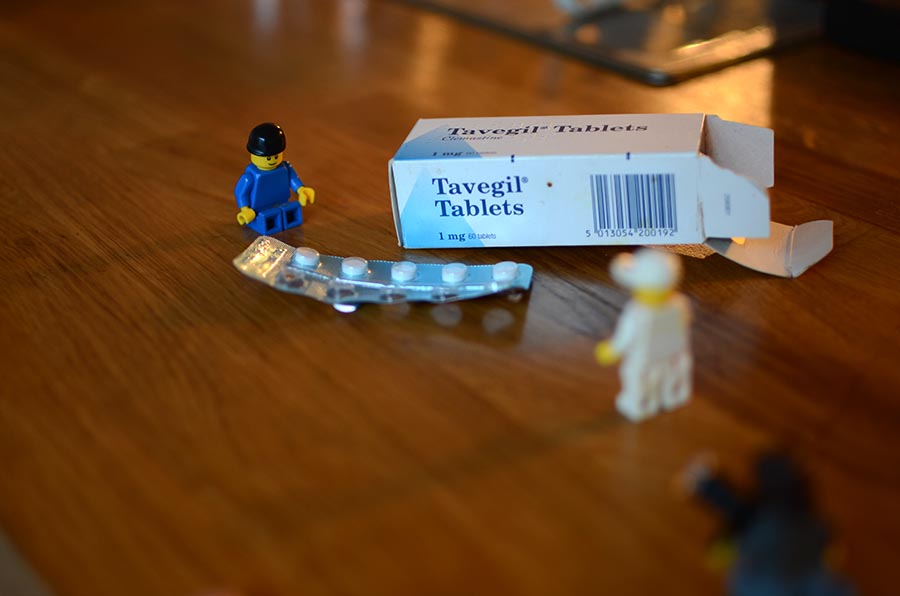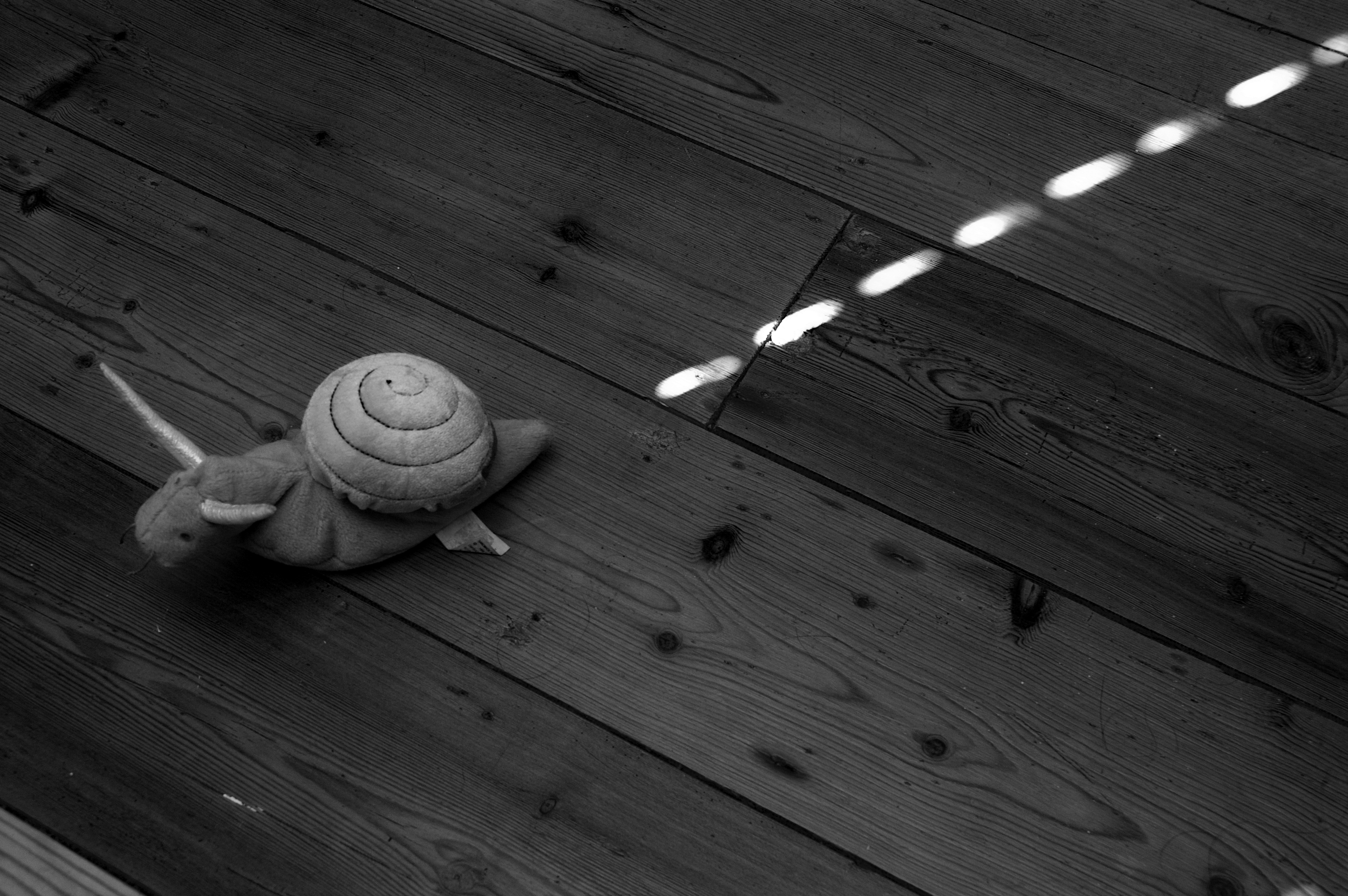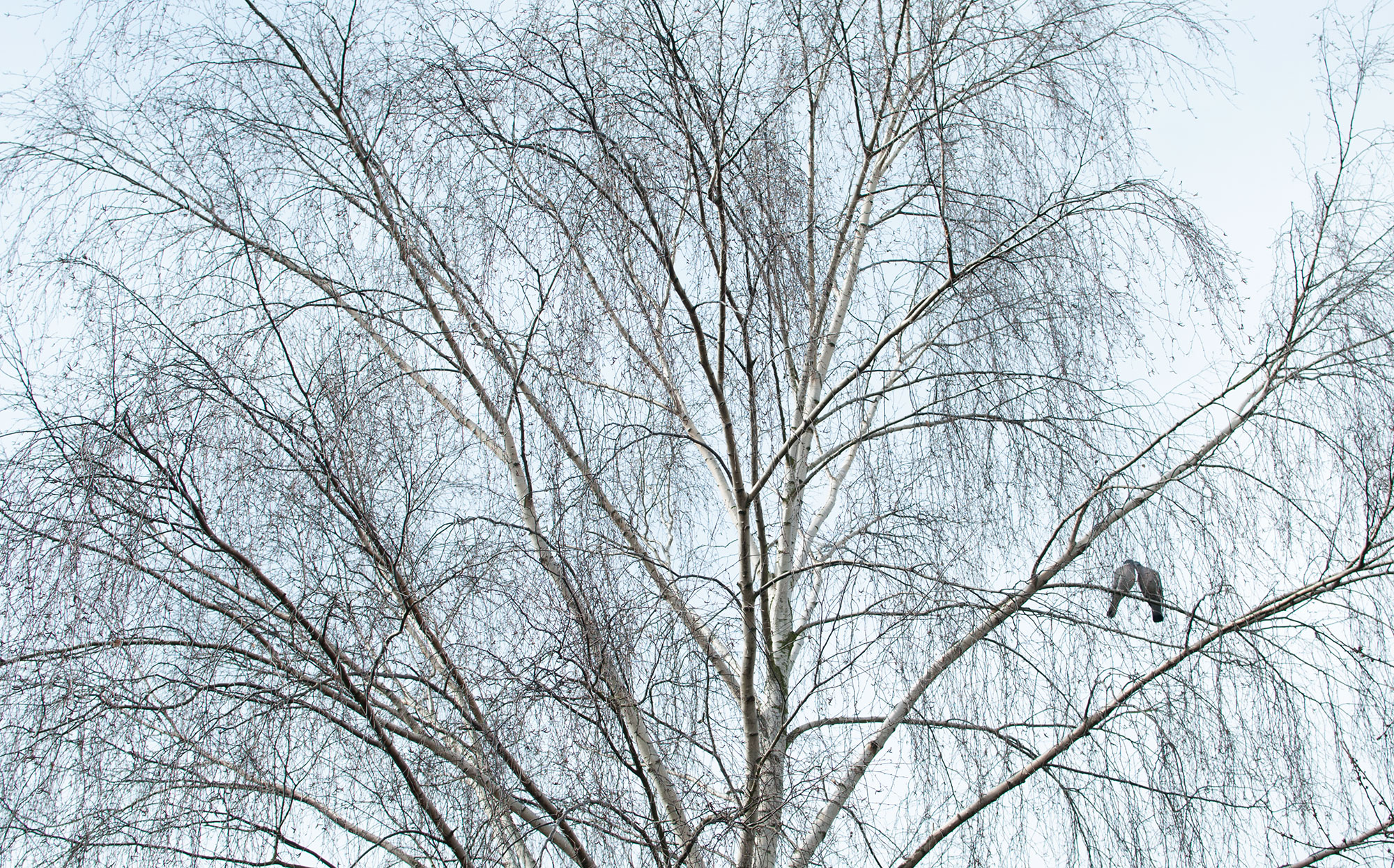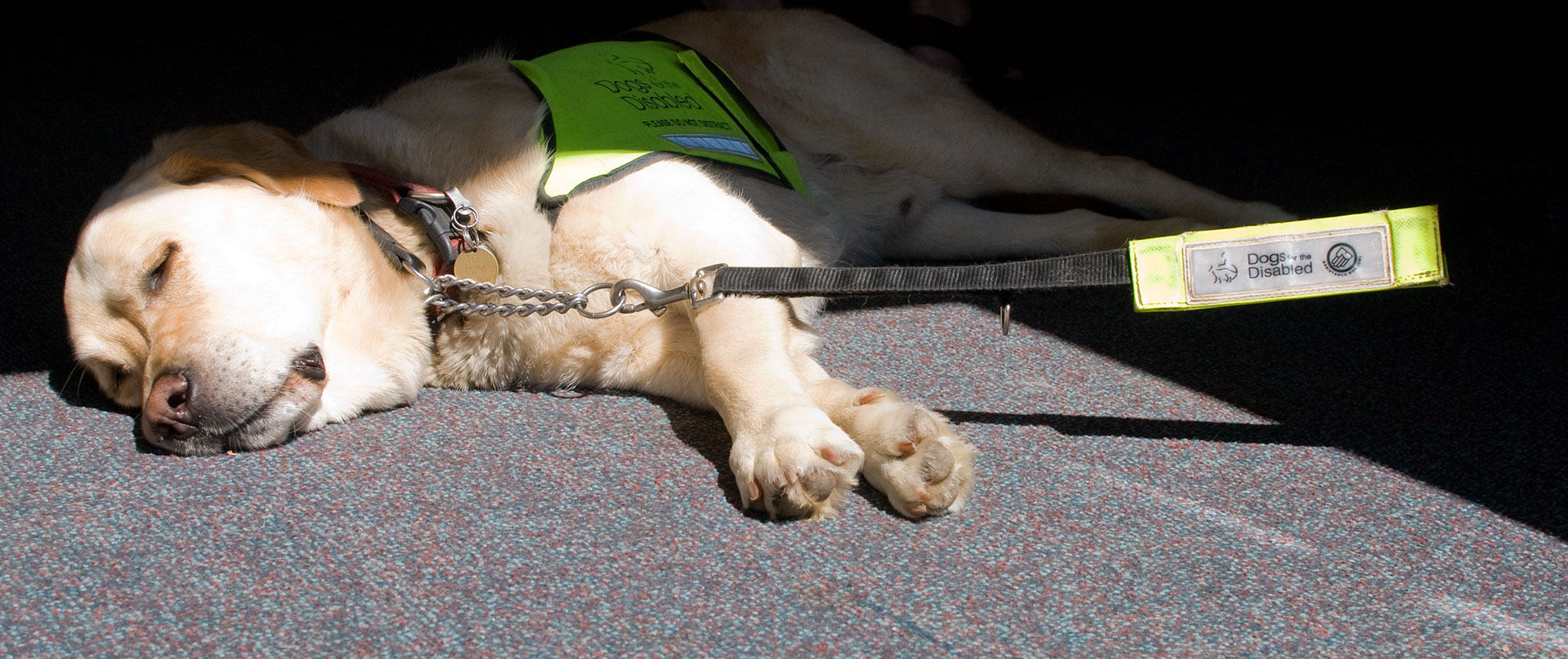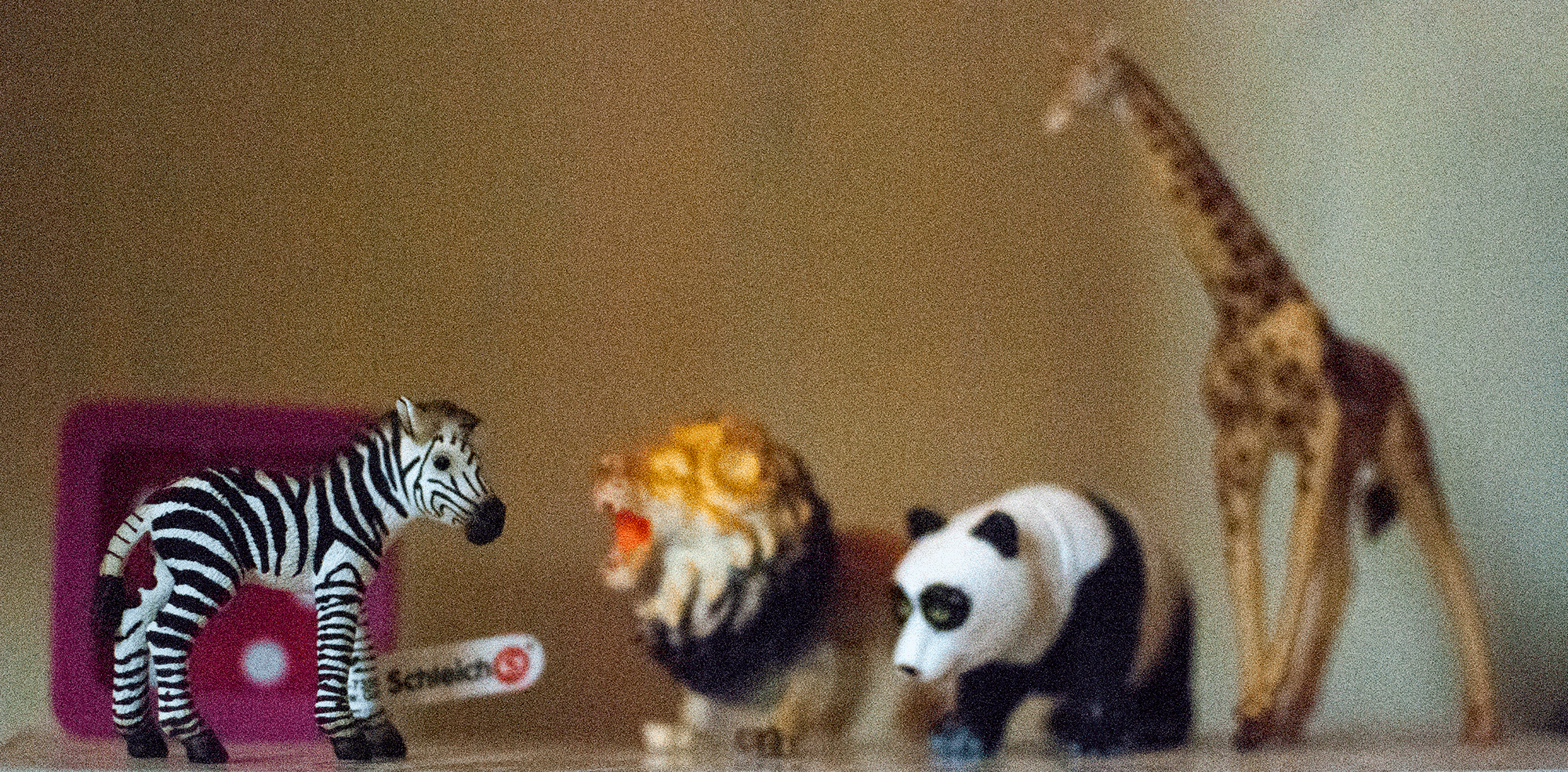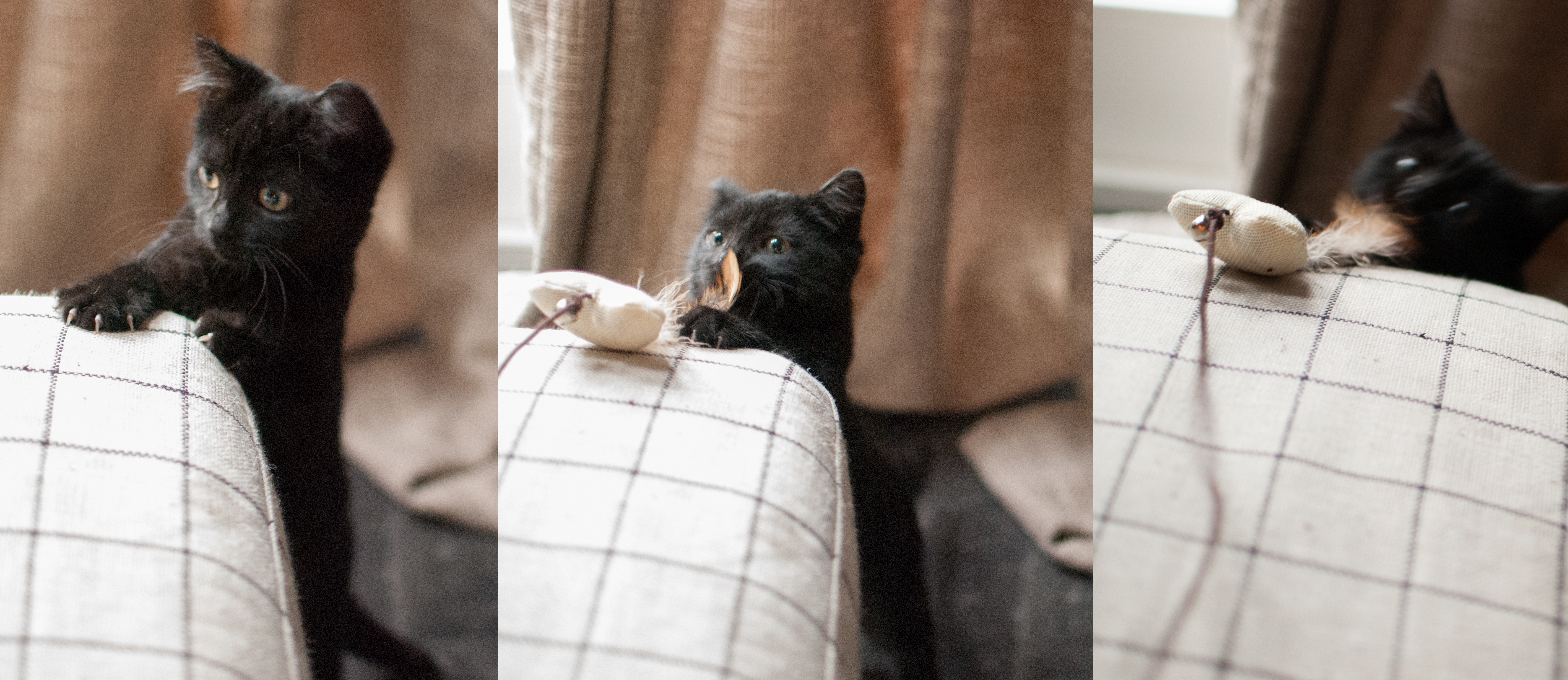Adaptive stress can make or break us. Today, we’ll look at 3 low cost strategies to better deal with adaptive stress. I believe these 3 strategies help me look younger than I am. I aim to do them at least a few times a week .
Recently, I was visited by a physiotherapist who specialises in walking. I believe she gives talks about fall prevention to hospitals and social centres for the elderly.
How lucky am I?
Her workplace is about two streets from where I live. I aim to be walking to her for our next visit.
Almost the best bit about the appointment was being told I don’t look old enough for my age (She works with elders quite regularly so perhaps this is a regular intro for her to help her clients feel at ease?)
I choose not to think so!
But it got me wondering about a handful of the things I do regularly that might be keeping me looking younger than I am?
Three is the magic number for studying my youth prolonging dealings with adaptive stress
- A minute’s blast of cold shower at the end of a regular, hot shower.
- Restricting eating to between an 8 and 10 hour window every day.
- Drink tea made from grated ginger, regularly.

An Exploration of thriving with Adaptive Stress.
Hormesis can be used to explain the body’s benefit from cold showers, skipping a meal now and then and taking freshly grated, ginger tea. It basically works from Neitzsche’s principal that ‘whatever doesn’t kill us makes us/our cells stronger!
Our physiology could be said to panic a little/adaptive stress but then finds out that cold water won’t cause death and so can be safely experimented with. Actually, the shock seems to wake me up quite well. The bracingness creates a huge boost of mitochondria. This adaptive stress (the powerhouses of our cells is responsible for an efficient conversion of energy/gives us our ‘get up and go’.
- Our cells panic for a while in the cold and become flooded with cortisol to help us avoid an undefined ill. This redirects blood away from digestion and to our limbs for running away to better escape the undefined ill.
- Restricting our eating to a smaller window of the day is another adaptive stress and gives our body a chance to focus on other essential processes. Everything we eat needs to be ‘read’ and assessed by our body. In this process it passes through the liver which takes time and energy. The liver, brain, heart and kidneys are the biggest users of energy if we live a relatively sedentary life.
Our body decides (mostly thankfully) that it makes sense to keep our legs working ahead of our tummies digesting. Mostly, this is a good thing but not always please see an earlier post here. In times of action our bodies become less equipped to process lunch. There is some truth to ‘don’t swim straight after eating’ but it’s something we can experiment safely with on OUR own body.
To avoid the pitfalls of too much adaptive stress, there are a range of answers about what the optimal time for intermittent fasting is.
Women’s needs are different to men’s (we have different hormones and fat deposition). Our processing of fat/energy is less forgiving than men’s who have a higher level of testosterone and, if chosen, are better suited to use energy and remain lean. Also, men aren’t built to potentially house developing babies. Women apparently won’t benefit fasting intermittently for longer than around 14 hours between meals without raising our cortisol levels high enough to promote inflammation?
- Grated ginger tea is another technique for keeping the body on its toes. I feel this creates another, acceptable form of adaptive stress (hormesis).
Some types of stress are worth seeking out and can do us good. I wonder whether these tips/tricks/life hacks perhaps contribute to my body appearing younger than it is?
The image I’ve chosen to illustrate this post is of my neighbour. As he grows he gets more interested in the world around him. Just one way he is becoming better suited to cope well with adaptive stress.
